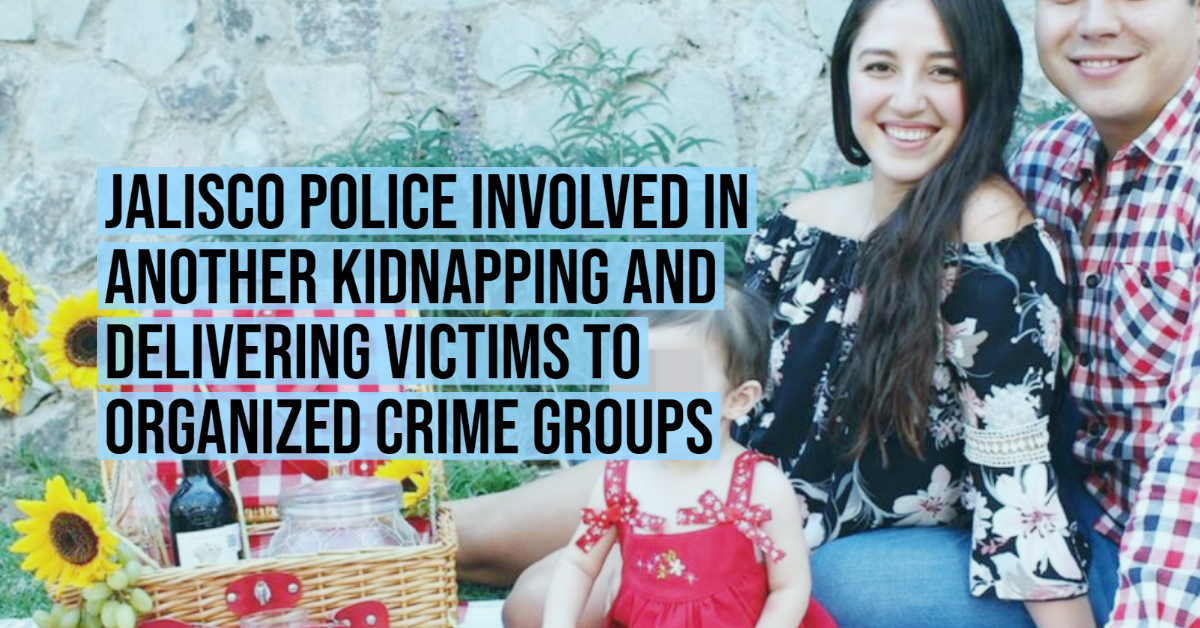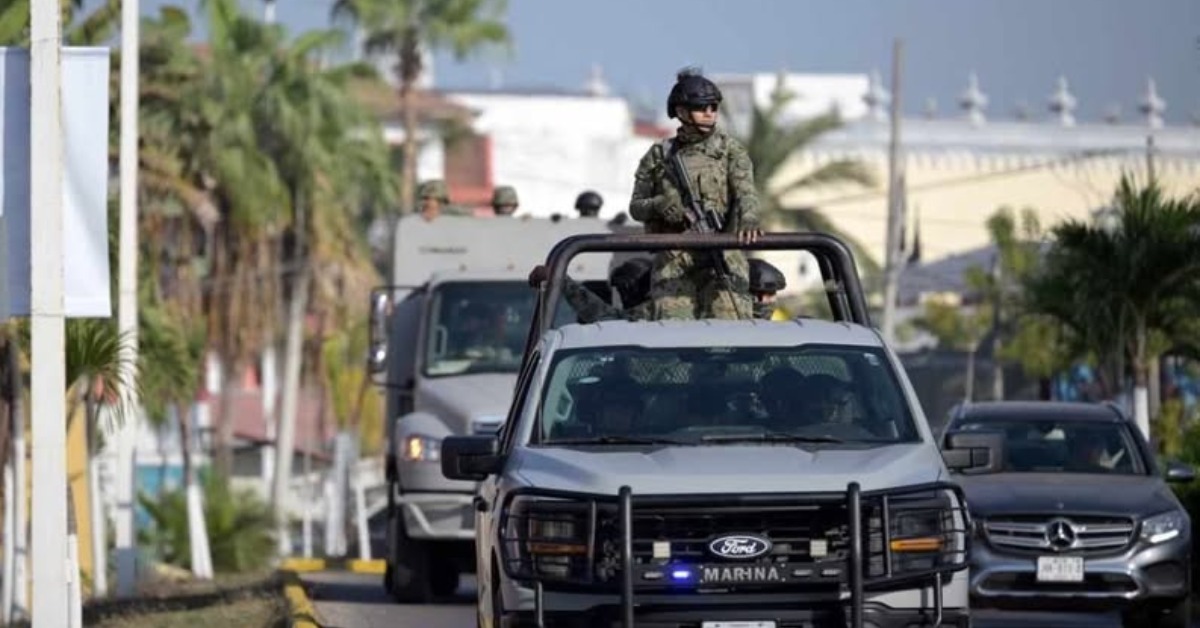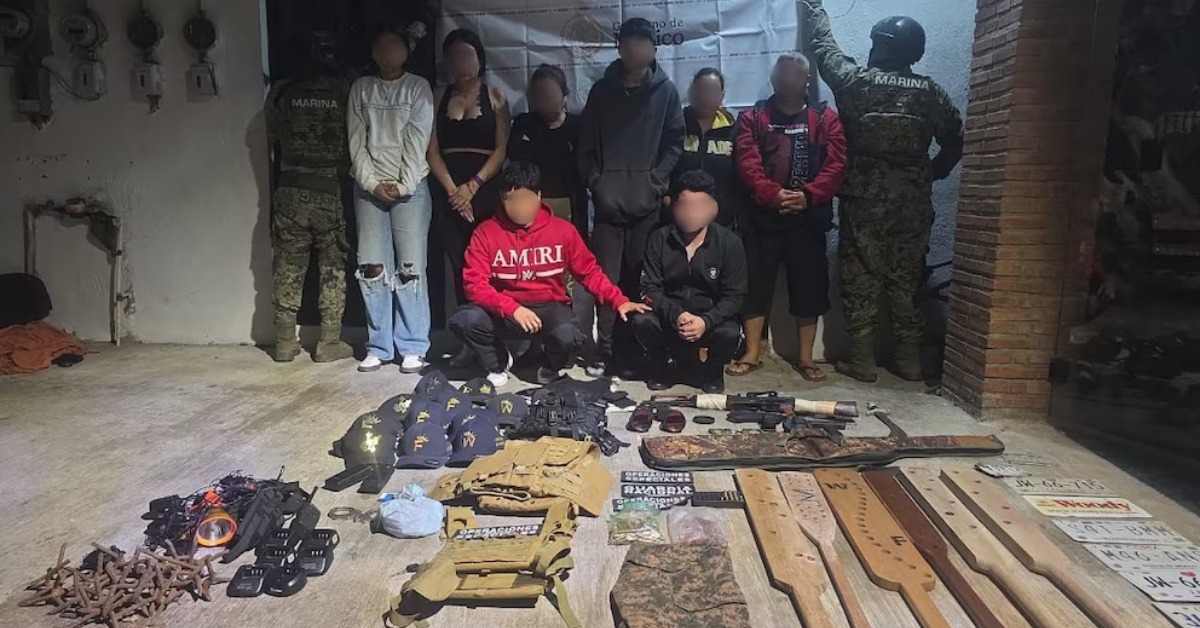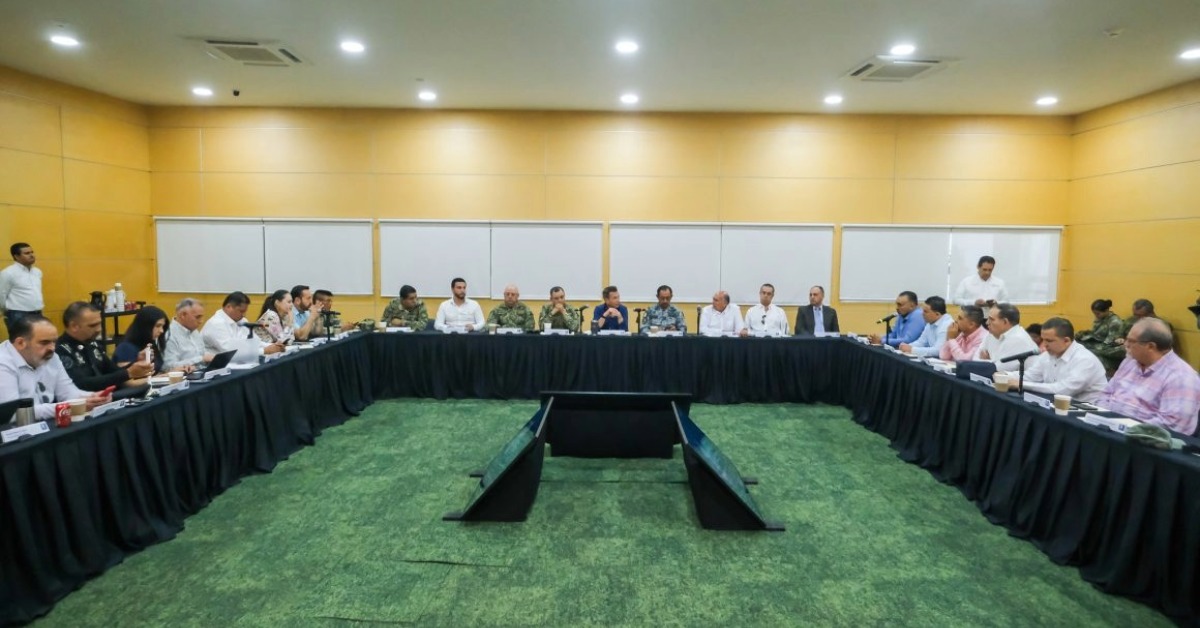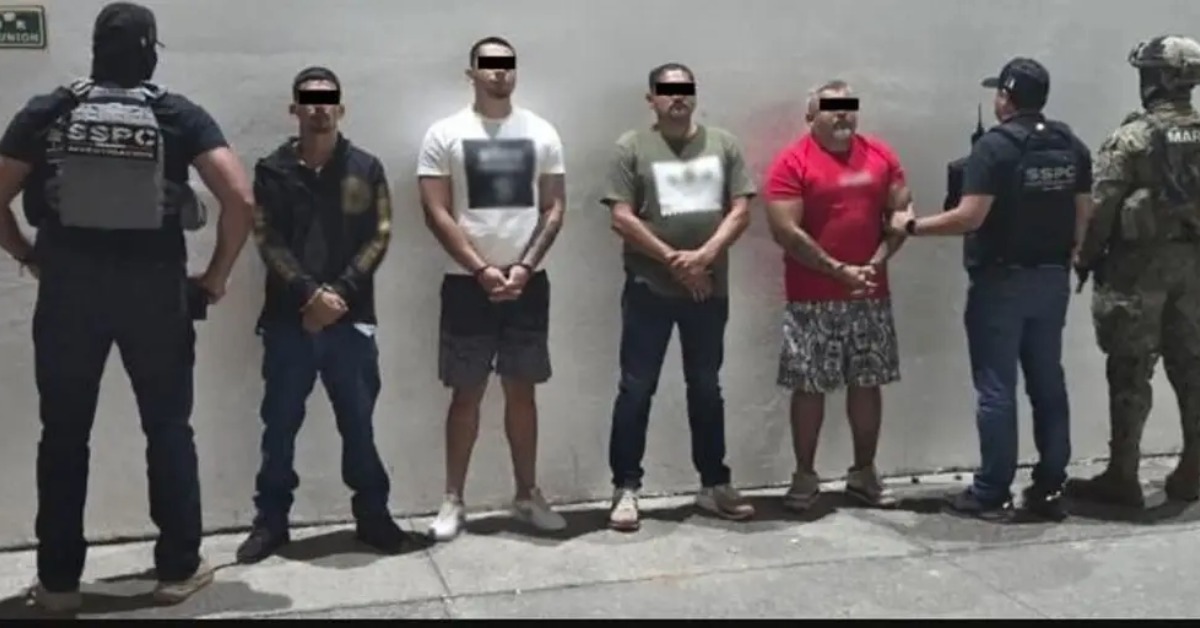The disappearance of five members of a family, including two minors, in the municipality of Acatic, Jalisco, highlights the collusion between police and organized crime in the State, and the security crisis Jalisco is experiencing.
Rogelio Barba, a security specialist in Jalisco, said that the links of the municipal and state police with criminal groups is constant in all the states of the country and facilitates illicit activities throughout Mexico.
“It is a systematic practice of criminal organizations, their operators in crime are part of an authorized crime, institutional crime. The collusion between the bad . . .


